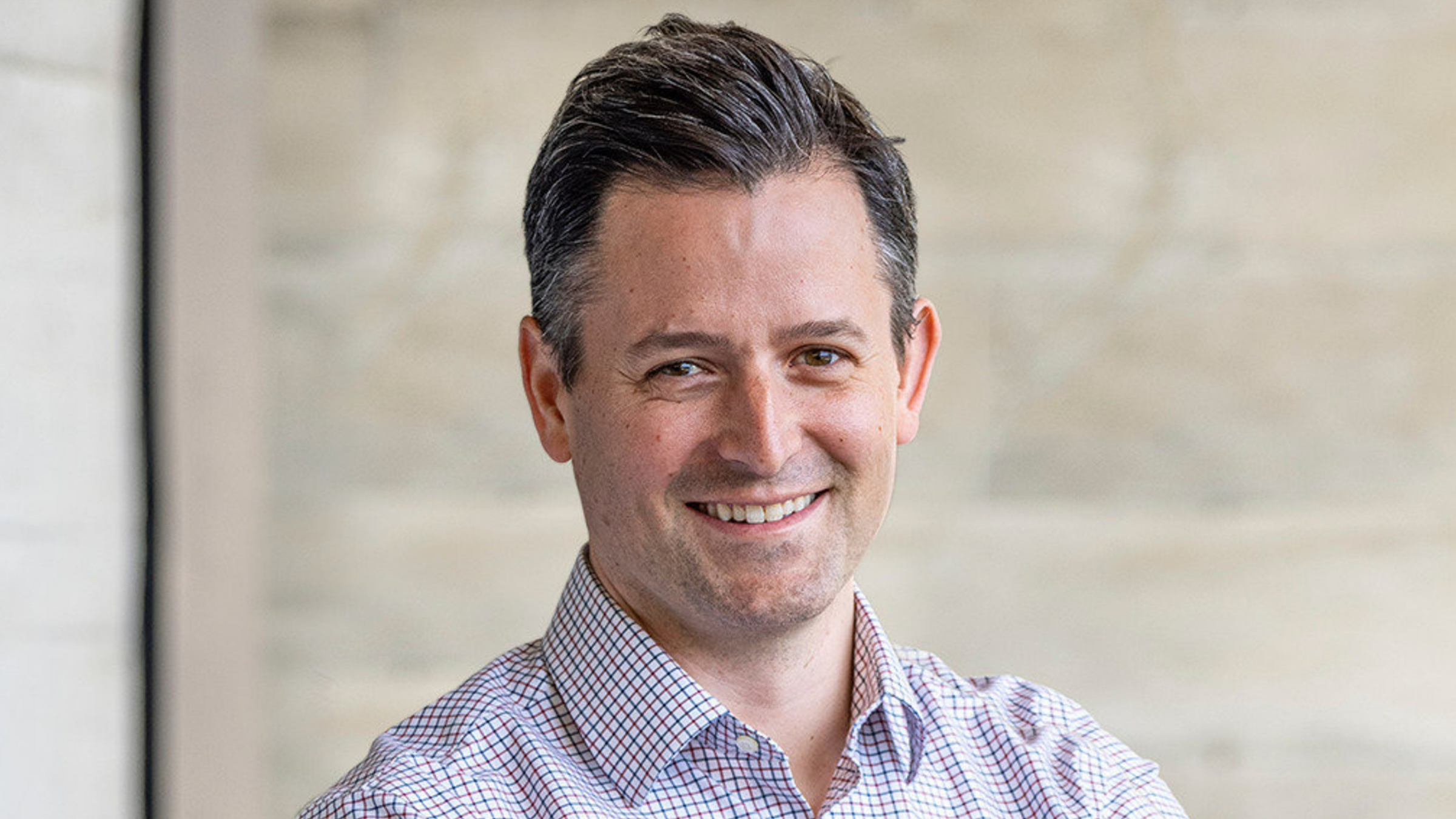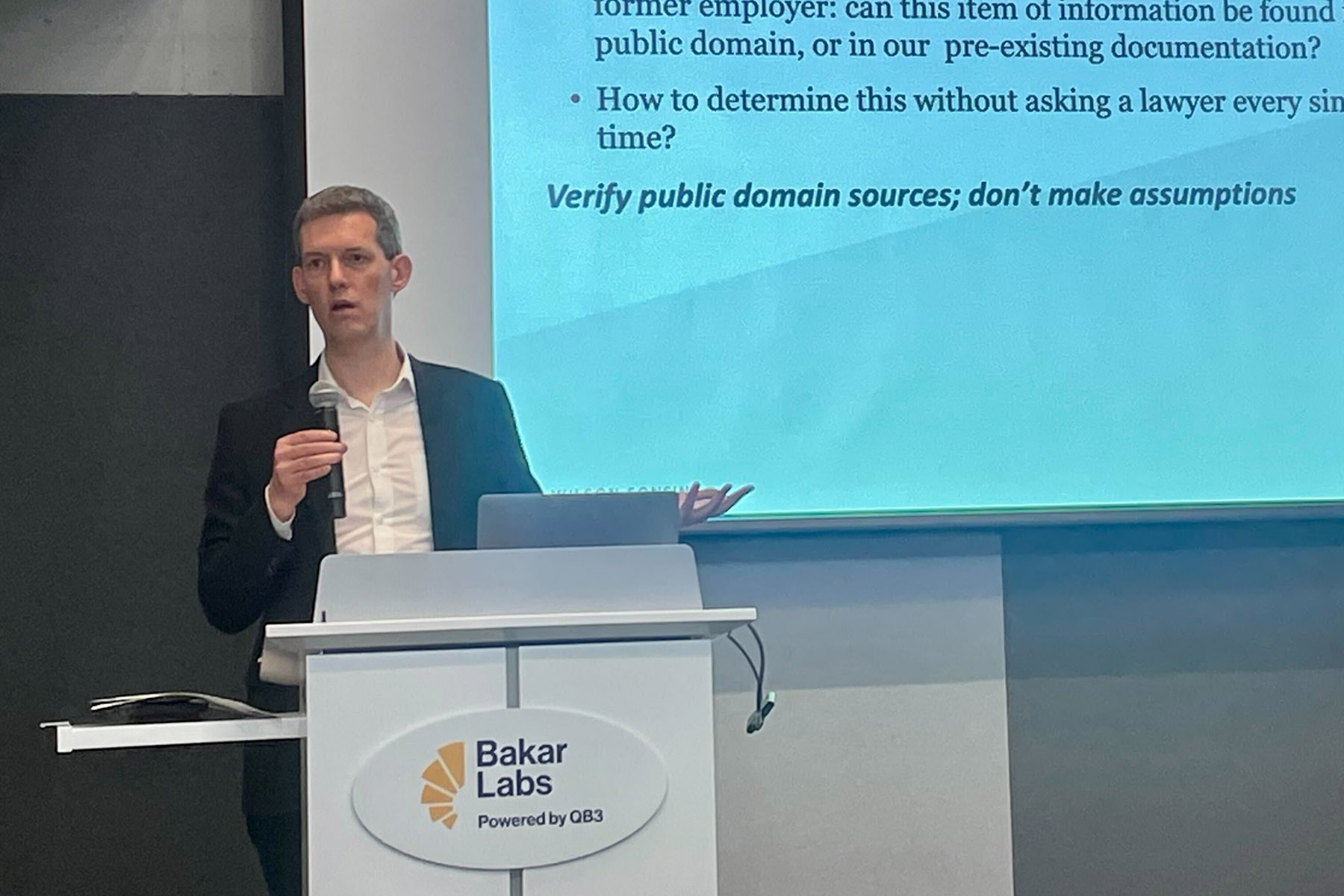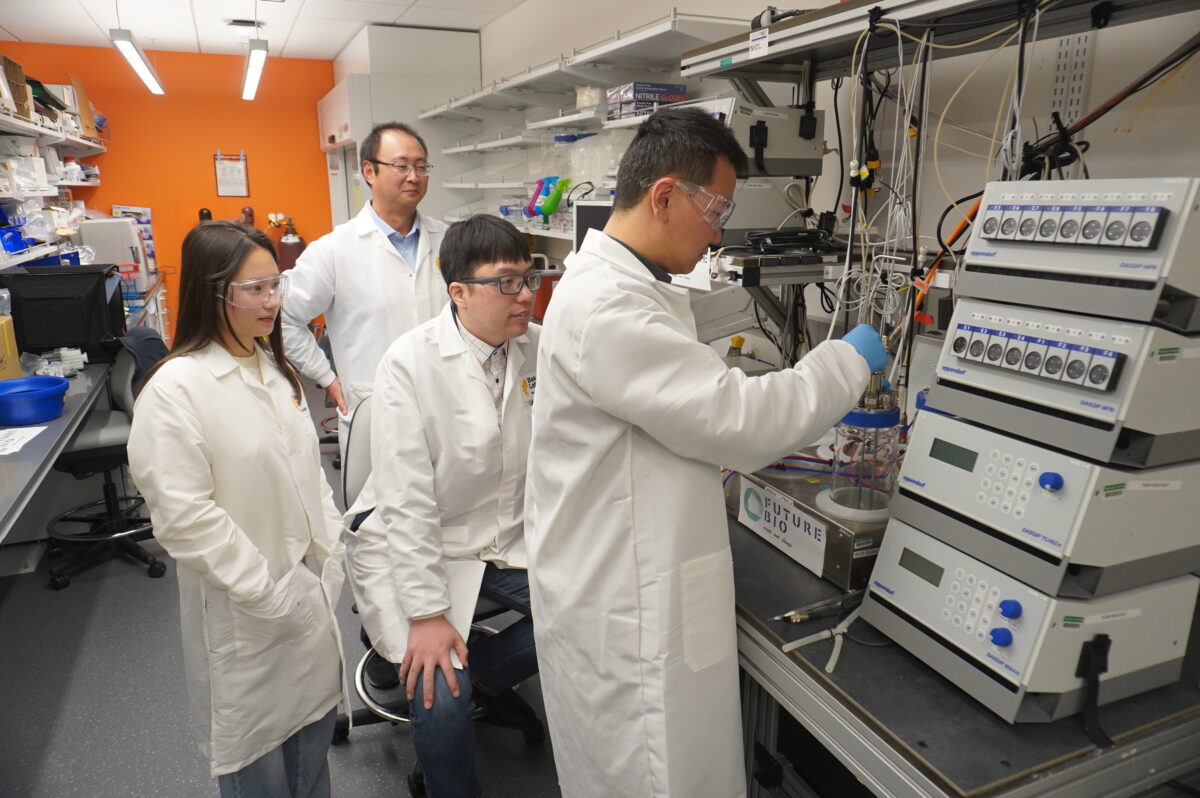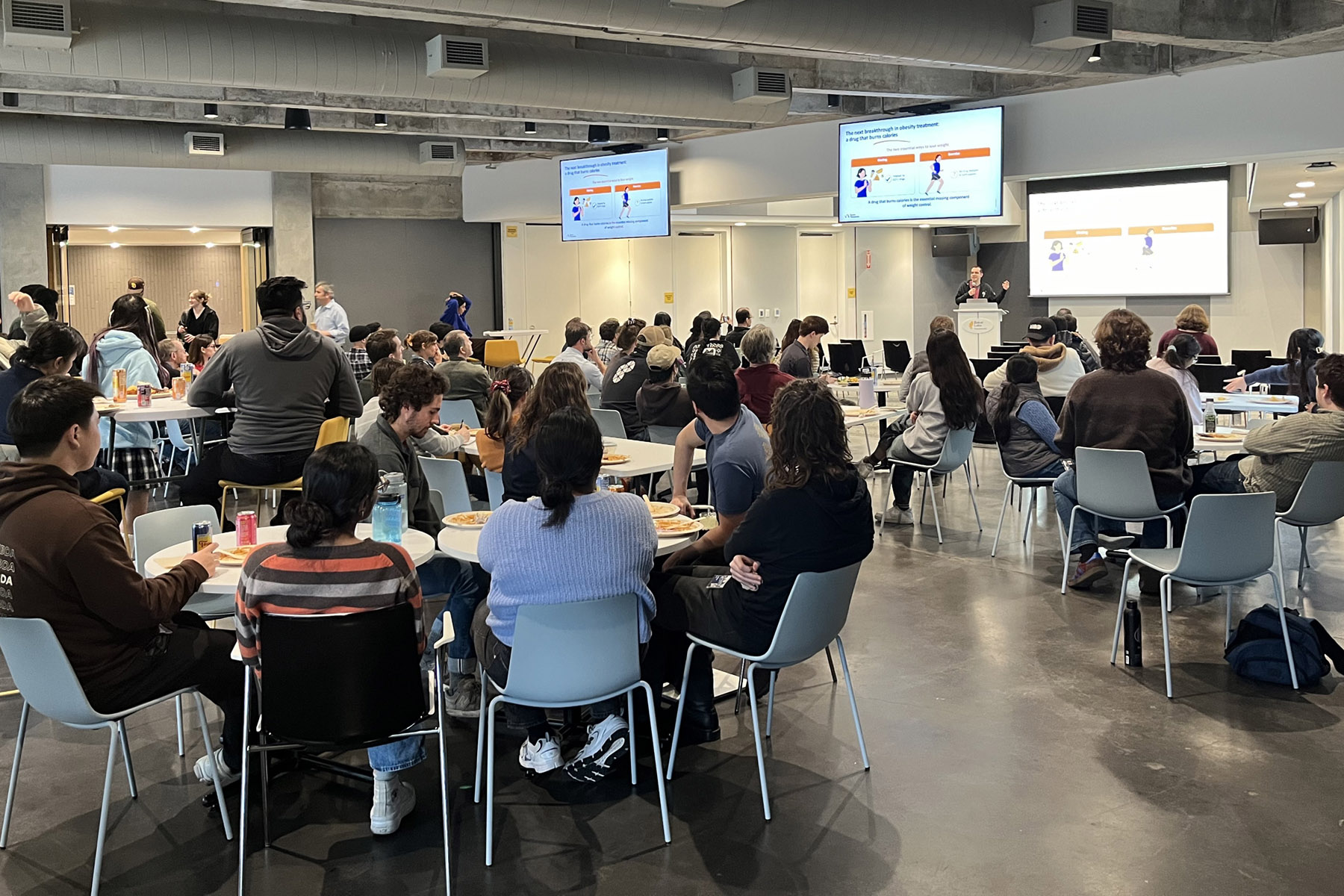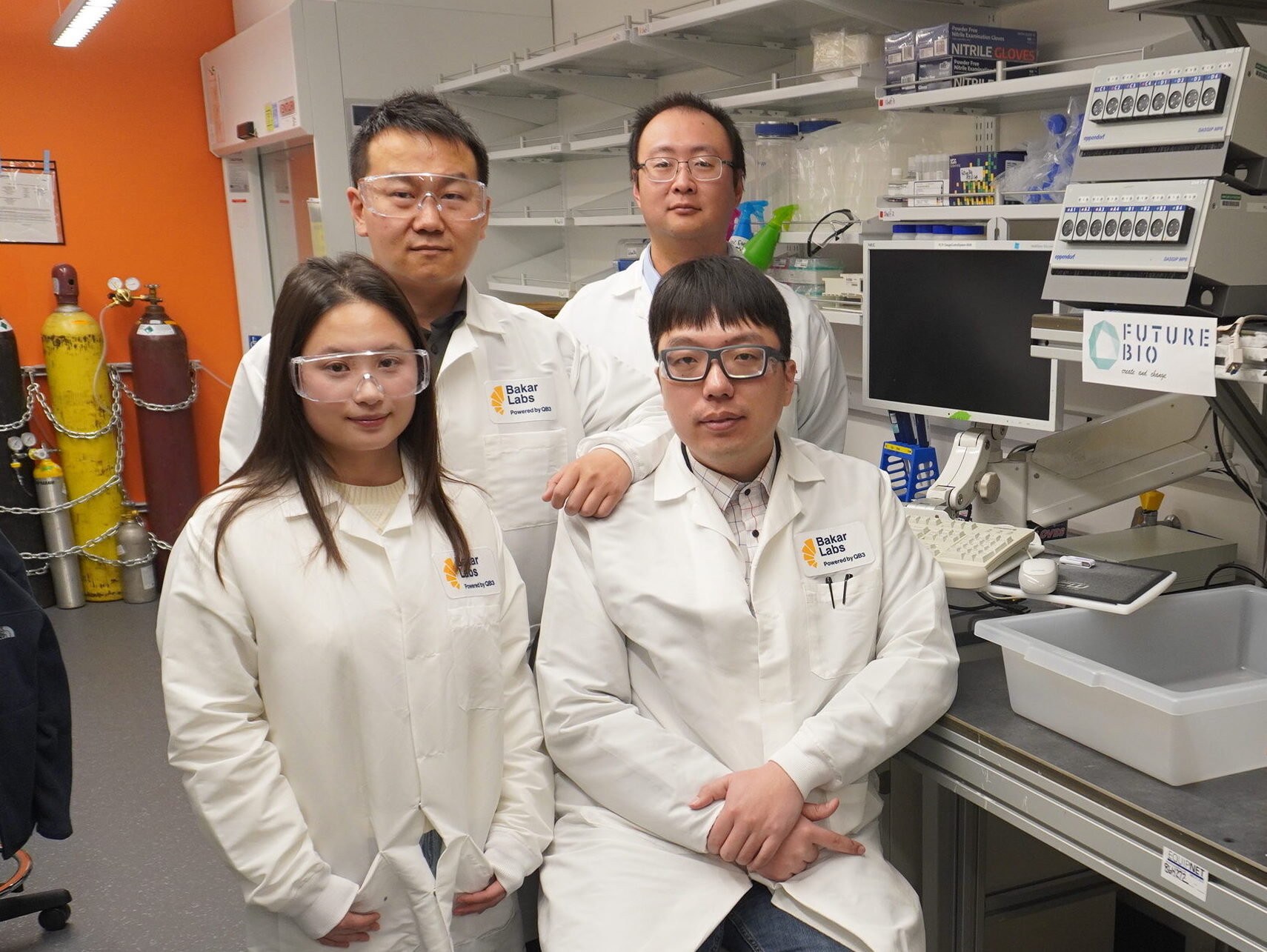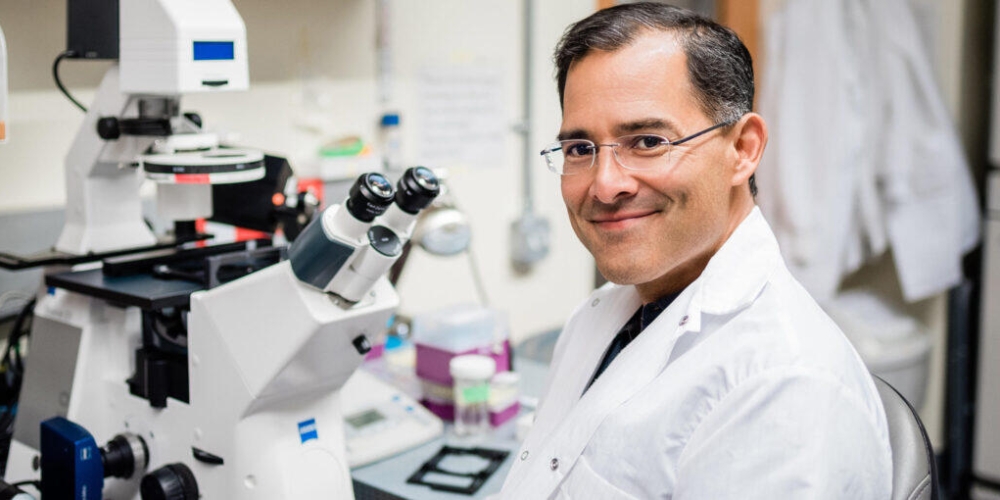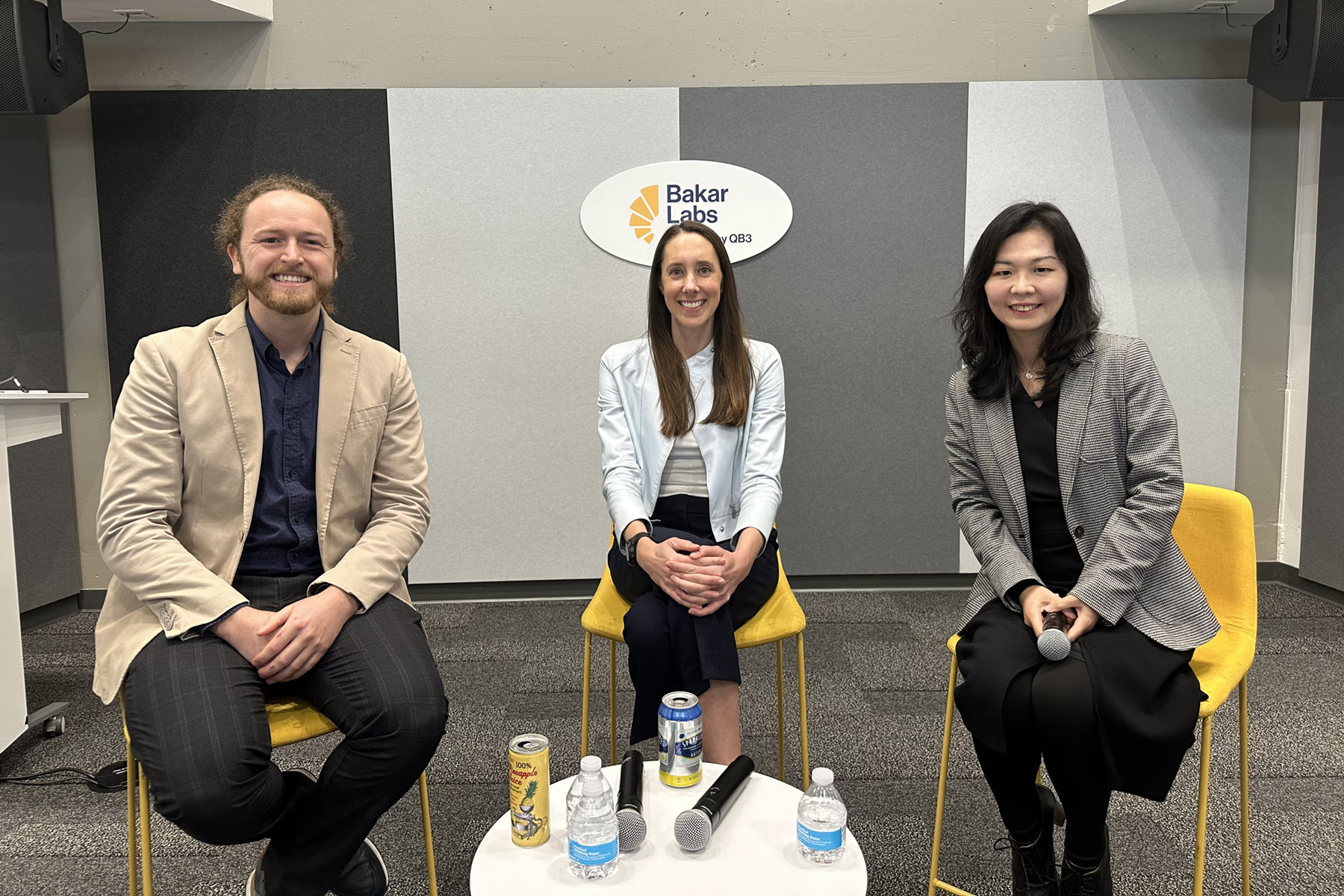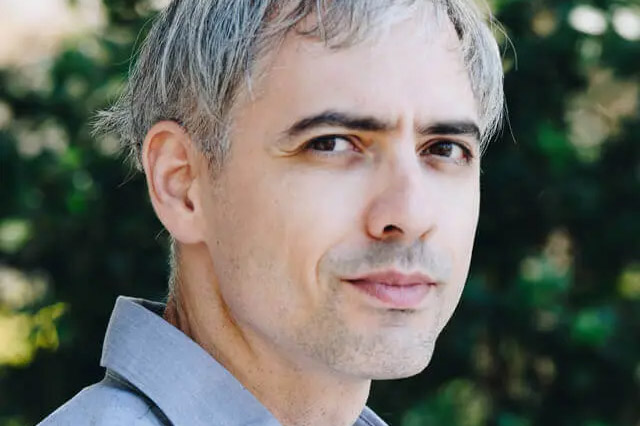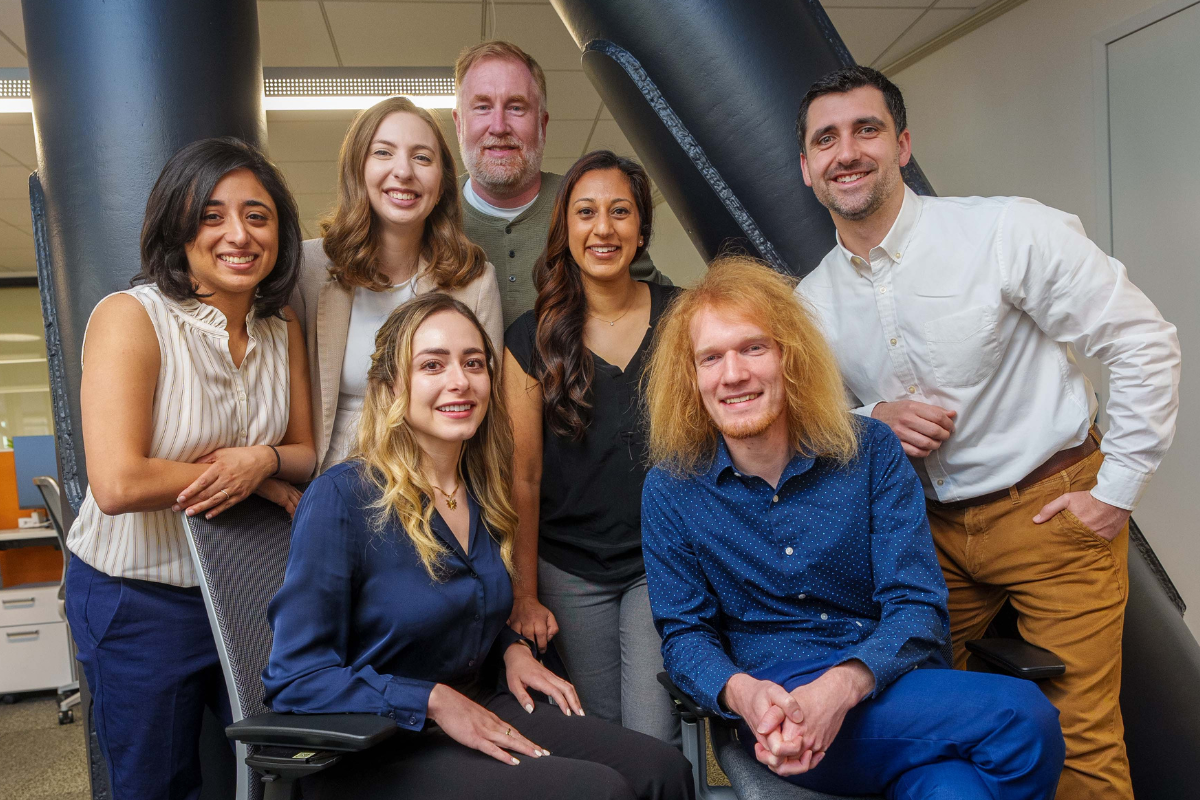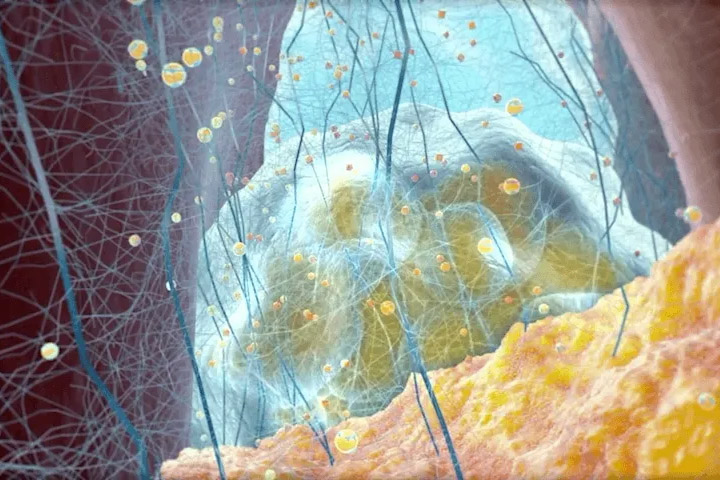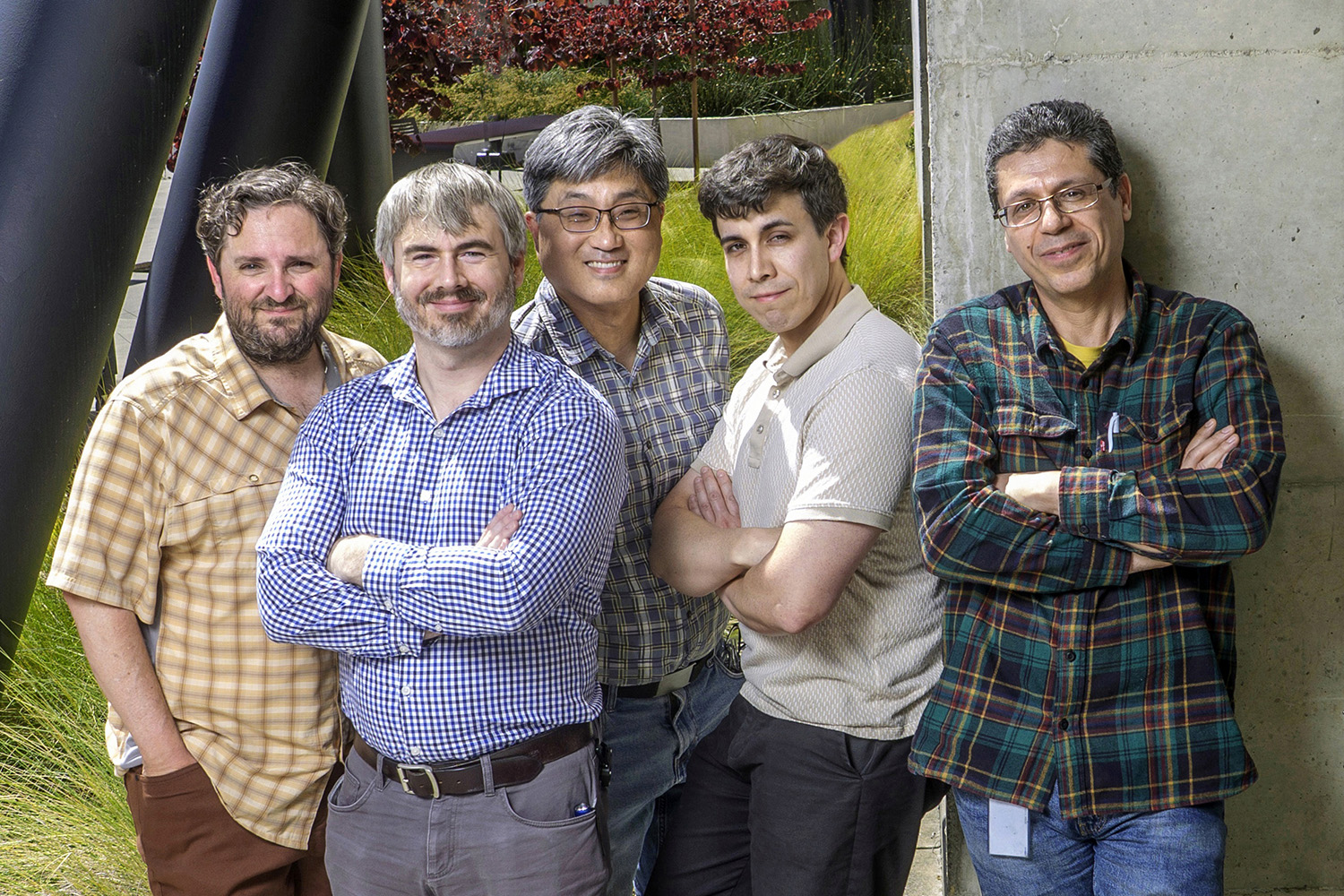
Tenant Spotlight
GigaCrop’s Chris Eiben wants to improve photosynthesis. Here’s how he’s doing it.
“The thing holding plants back today is the enzyme Rubisco,” Eiben says. “It’s the first enzyme a plant uses to take CO2 and start turning it into a sugar. But the enzyme is slow, and it has a tendency to use oxygen instead of CO2 . Which is incredibly costly for the plant to fix. I don't have a clever way to make Rubisco better; land plants have been trying to improve it for 450 million years, which is a long time. Doing better than that is tough.
So GigaCrop is inserting a parallel photosynthesis pathway into plants. “If a plant were an airplane, what we are doing is installing a more efficient engine. The trick is we have to do it while the airplane is flying. Plants must have a working engine at all times” he says. “Rubisco is part of a larger cycle called the Calvin-Benson cycle. Our pathway can exist next to the Calvin-Benson cycle, and they can both operate. But the plants will benefit because our pathway is faster and more energy efficient.”

